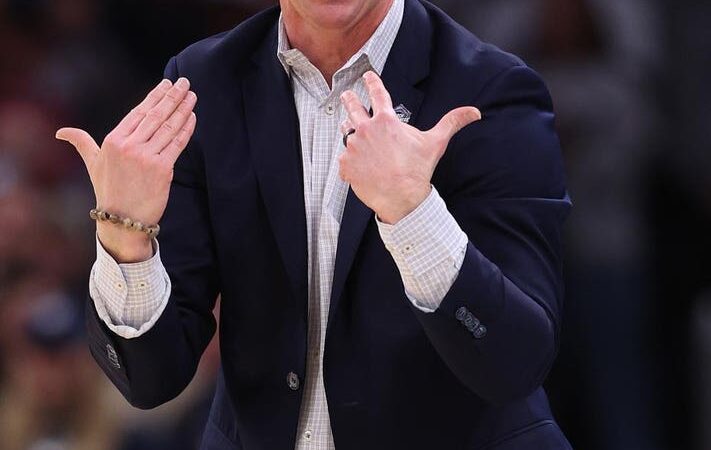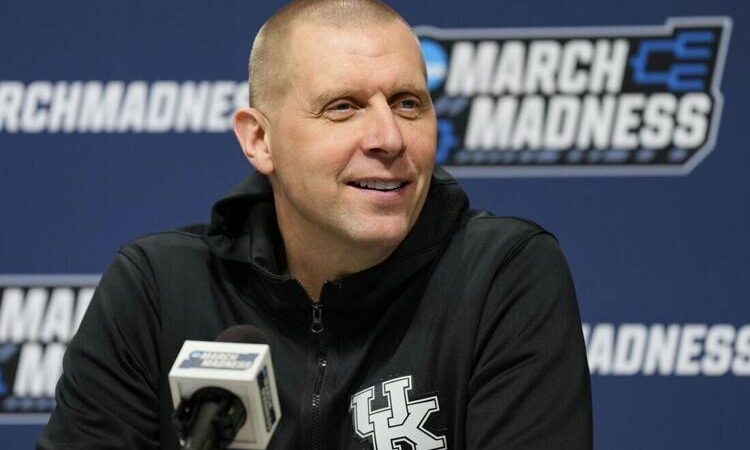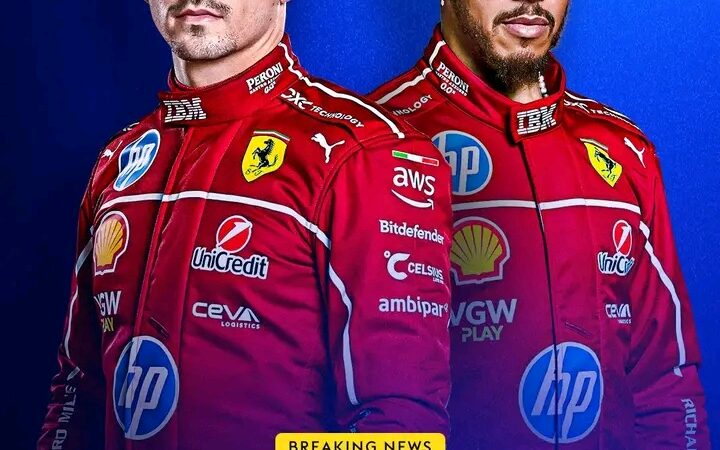Rickie Fowler Bids Farewell to the PGA Tour: A Chapter Closes in Golf’s Popular Era

Rickie Fowler, one of the most beloved figures in golf over the past decade, has officially announced his departure from the PGA Tour, signaling the end of an era for both the tour and the player. Known for his flashy style, infectious personality, and close ties to fans, Fowler’s decision to leave the PGA Tour represents a shift in the landscape of professional golf.
A Storied Career in the Spotlight
Rickie Fowler first burst onto the golf scene in 2009, quickly earning a reputation as one of the sport’s rising stars. With his signature bright outfits, distinctive orange attire, and steady, confident demeanor, Fowler immediately became a fan favorite. His youthful energy and approachable personality made him one of the most marketable golfers of his generation. Off the course, he became a mainstay in commercials and branding partnerships, bringing a refreshing face to a sport that had often been associated with tradition and exclusivity.
Fowler’s golf game, though not as consistently dominant as some of his contemporaries, was always a source of admiration. His fluid swing, tenacity, and ability to compete on the biggest stages endeared him to both casual and serious fans alike. In 2015, Fowler had a breakthrough year, winning the Players Championship and finishing as a runner-up at both the Masters and the U.S. Open, cementing his place in golf’s elite tier.
However, it wasn’t just his victories that garnered attention; it was his deep connection with the fans. Rickie’s “bandana” look and his signature interaction with spectators made him a social media darling long before it became common for athletes to engage with fans on such a personal level. His ability to connect with audiences, combined with his style of play, made him one of golf’s most likable stars.
The Rise and Fall of the PGA Tour Career
Though Fowler’s career on the PGA Tour has been dotted with memorable moments, it was also marked by a series of near-misses. While he found consistent success on tour, with several top-10 finishes in major championships, he struggled with securing the elusive major title. For many, this was the only thing preventing him from being ranked among the all-time greats.
In recent years, Fowler’s form had dipped significantly, and he found himself struggling to regain the competitive edge that had once earned him so much attention. Injuries and a series of swings in form led to a decline in his standings, and Fowler’s name started to fade from the headlines as the sport moved toward a new generation of young stars, including the likes of Collin Morikawa, Scottie Scheffler, and Viktor Hovland.
A New Chapter: The Decision to Leave
Despite these challenges, Fowler’s legacy on the PGA Tour is far from diminished. His decision to leave the Tour comes after much contemplation, as he’s found his place in the new golf world, particularly with the rise of the LIV Golf League. The LIV Golf series, which has attracted several big names and introduced new formats to the sport, is drawing players like Fowler who are looking for different opportunities and challenges. LIV’s financial incentives and its appeal as a break from the traditional PGA structure have made it an increasingly attractive option for seasoned players, and Fowler is among those making the switch.
Fowler’s departure is a clear sign of the changing times in professional golf. As the PGA Tour faces mounting pressure from LIV Golf, some of its most popular stars are beginning to make the move to the rival league, signaling the start of a shift that could fundamentally alter the competitive balance of the sport. Fowler’s move has sparked conversation about the future of the PGA Tour and its ability to retain its top talent amidst competition from LIV.
The End of an Era?
Rickie Fowler’s decision marks the end of an era for the PGA Tour. With his departure, the Tour loses not just a talented golfer, but a key ambassador for the sport. His commitment to growing the game, especially among younger fans, will be remembered as a significant part of his legacy. Although he won’t be competing on the PGA Tour, his impact on the sport is undeniable. Fowler’s exit is emblematic of a broader trend in professional golf, where the allure of new opportunities, financial rewards, and a change in playing formats are reshaping the future of the game.
For his fans, Fowler’s farewell is bittersweet. While they may no longer see him teeing off on the PGA Tour every weekend, they’ll continue to support him wherever his career takes him, whether it’s on the LIV Golf circuit or beyond. As Fowler moves forward, golf fans everywhere can look back at his contributions to the sport, remembering him not just for his victories but for his role in making golf more accessible, exciting, and engaging for all.
As Rickie Fowler embarks on this new phase in his career, one thing is c

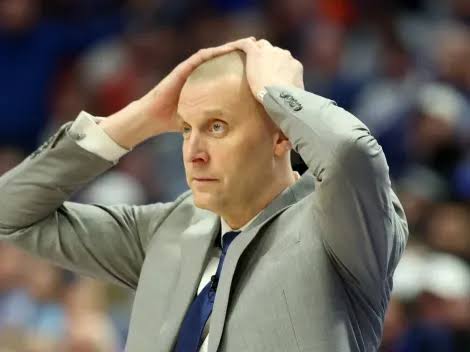

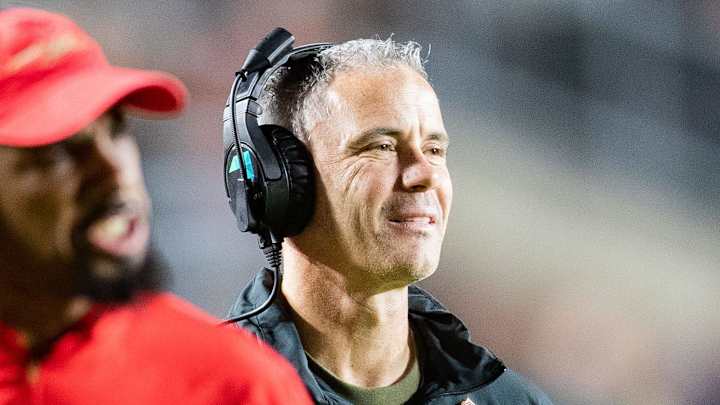
 Everyone
Everyone